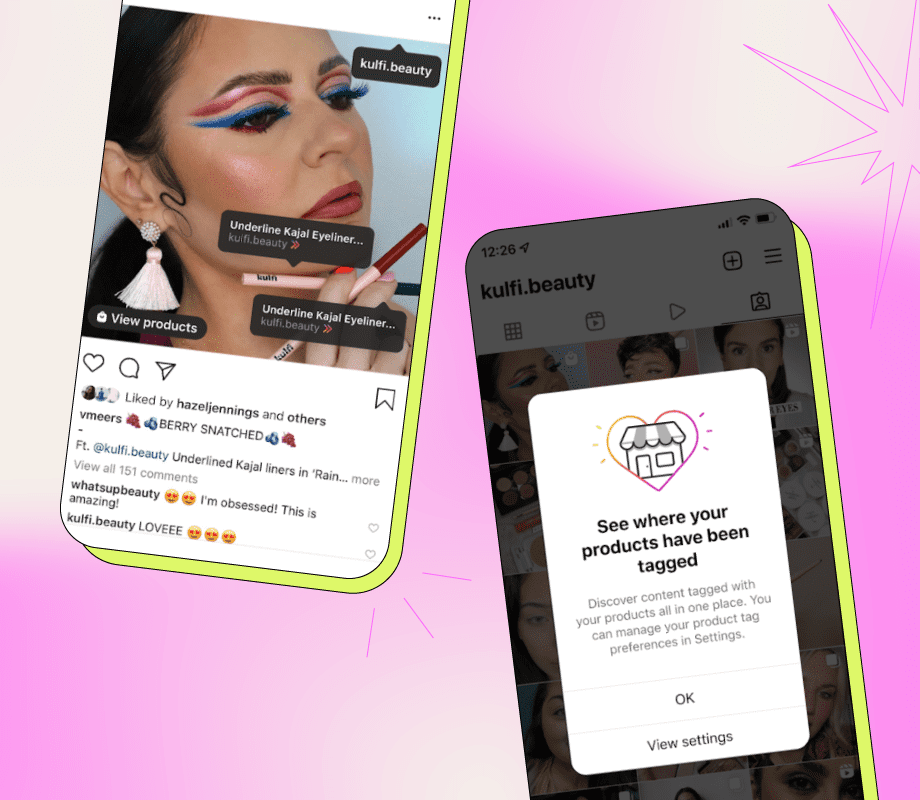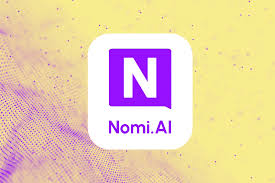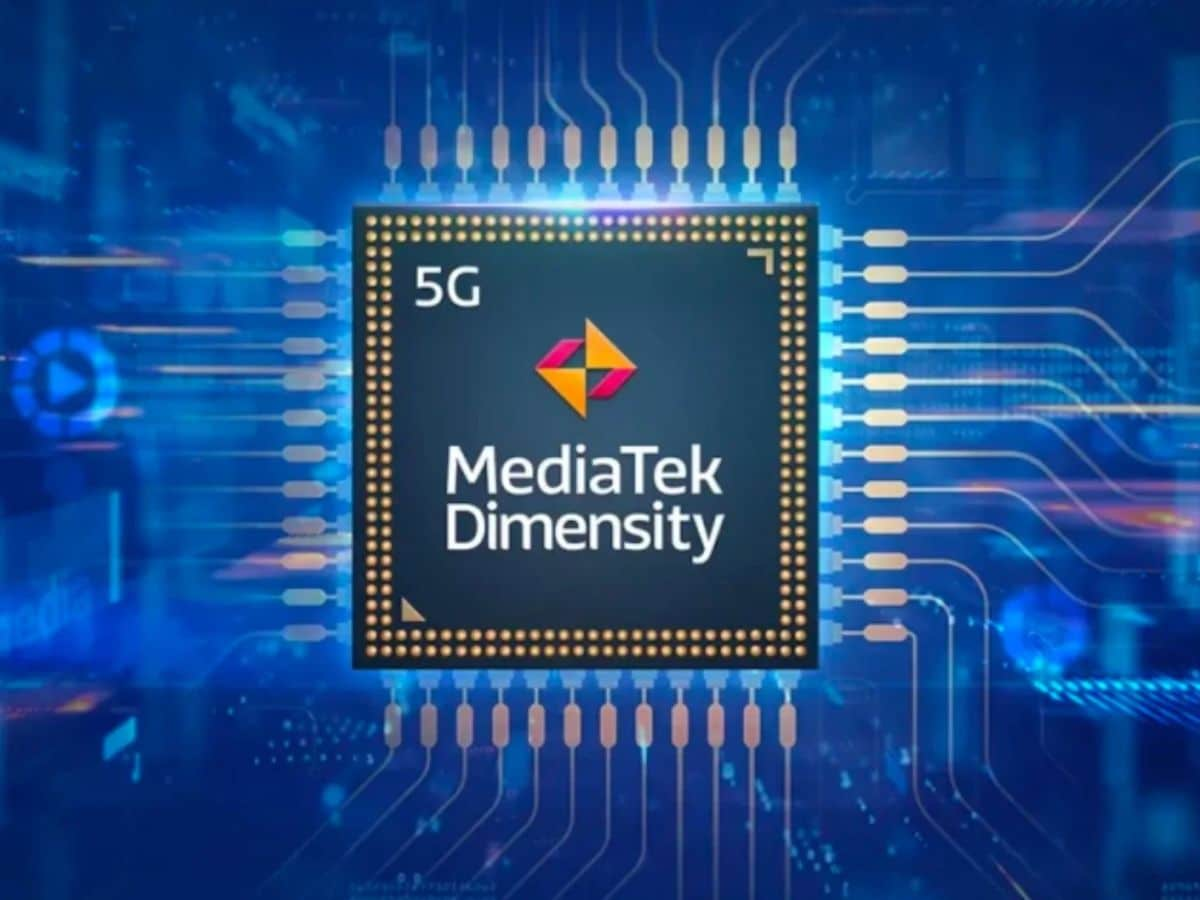RepsolSpanish energy multinational and petrochemicals, has made a qualitative leap in its innovation strategy by adopting the Generative artificial intelligence. Far from being a foreign technology, Repsol has used AI for years, but the disruption of generative AI has marked a turning point, especially in the customer service area.
Luis CiriglianoIT & Digital Business Partner CMO en Repsol, y José Roberto González VelascoIT & Digital Business Partner Senior Consultant, they detail how this technology, and in particular the Salesforce Autonomous Agentsthey are redefining interaction with their customers and operational efficiency.
Of the traditional bot to natural language
One of the key challenges for Repsol was to overcome the limitations of traditional conversational bots. These systems, often rigid and based on predefined flows, were cumbersome for the client and limited transactional capacity. Repsol’s vision was clear: enable communication in natural language that would allow complex transactions. This is where agentforce comes into play with two main use cases:
LPG orders (liquefied oil gas) via WhatsApp: Repsol has implemented a request channel of Bombones and Bulk through WhatsApp operates with generative to process applications in natural language. This means that, as Luis Cirigliano explains, customers can “ask for breasts for their paellas on the weekend via WhatsApp, that simple.”
Roberto González Velasco emphasizes that the most important challenge was how models of generative, inherently statistical, could meet processes with complex business rules in a deterministic way and with safety guarantees in the transaction. This includes customer identification, debt verification or installation reviews, and the ability to perform a direct transaction in Repsol or third -party transactional systems.
Assistance to Contact Center agents at the Waylet app: Through its Waylet mobility application, which integrates its entire multienergy offer and agreements with partners, Repsol has enabled Salesforce technology to assist the contact center agents. This assistant, enhanced by generative, provides agents with customer context information, service procedures and all the company’s information. This allows to respond to the client immediately, improving the quality and efficiency of the service, since the advisor to the manager, who in turn talks to the client.
Metrics and impact on customer experience
The adoption of agentforce is already throwing promising results in aspects such as:
– Operational efficiency: In the case of assistance to human agents, the generative AI provides them with immediate responses in seconds, allowing a more fluid and efficient interaction with customers.
– Volume and conversion into gas orders: The gas orders channel via WhatsApp, despite being relatively new, manages approximately 20% of orders. The most remarkable is the conversion rate: 85% of the conversations initiated in this channel for gas orders culminate in an order. The objective is to reduce that remaining 15% that does not become, often due to difficulties in the user experience.
– Transformation of attention: Previously, traditional repsol bots resolved 20% of interactions without human intervention, with 80% derived from human agents. With the incursion of the generative AI, Repsol seeks to invest this ratio, achieving 80% of unattended resolutions and 20% that require human intervention. This will free agents for tasks of greater added value.
– Customer experience without friction: The highest added value of agentforce is the client’s ability to express itself naturally, without having to specify contracts or follow rigid flows. For example, say “I want to fill my tank on Alcalá Street” instead of having to provide a specific contract number.
– Accessibility and multilenguage: Agentforce agents are multi-diome. This is a great benefit for retired or expatriate clients who do not feel comfortable communicating in a language that is not yours, offering a “wow effect” upon receiving answers in their mother tongue. In addition, it facilitates the deployment of functionalities without the need to translate menus or messages as in traditional bots.
– Diversity of customers served: The LPG order channel attends both to the Horeca segment (hotels, restaurants, coffee shops), which are intensive bulk orders and propane, and private clients in areas where packaged gas remains an essential source of energy.
Connectivity and prudence in deployment
To achieve this transactional capacity, Repsol has reused a large part of the existing flows and integrations of its traditional Salesforce bots, using APIS and workflows to connect and obtain data, as well as to record transactions with transactional systems, both within Salesforce and third parties.
Despite the initial successes, Repsol maintains a cautious posture. Currently, the use of generative directly with the client is prudence due to the associated reputational risk. The company is doing more tests and obtaining a greater return in employee environments. If the results in terms of reputation, security and customer response continue to be positive, this client approach will be the one that will prevail.
In summary, Repsol, with the support of Salesforce Agentforce, is not only optimizing its internal processes and the efficiency of its contact centers, but is redefining the customer’s experience, making it more natural, efficient and transactional thanks to the power of the generative the AI. This approach, which combines technological innovation with a prudent deployment strategy, positions Repsol at the forefront of digital transformation in the energy sector.










